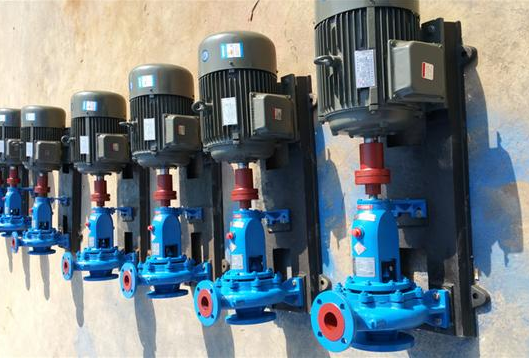Domestic water application of hot water booster pump
Hot water booster pumps are widely used in domestic water. They are mainly used to solve problems such as small water flow and unstable water flow caused by insufficient water pressure. The following is a detailed description of several aspects of hot water booster pumps in domestic water applications:
1. Application scenarios
High-rise residential buildings: As the height of the floors increases, the water pressure will gradually decrease, affecting the water use experience of high-rise users. Hot water booster pumps can be installed in low-rise buildings or basements to pressurize water from low places to high-rise buildings to ensure normal water supply in high-rise residential buildings.
Long-distance water supply: When the water supply distance is long, the water pressure will decay, resulting in poor water flow. Hot water booster pumps can increase water pressure and ensure the stability of water supply.
Household water boosting: In villas, bathing centers, hotels and other places, due to large water consumption or high water pressure requirements, hot water booster pumps can effectively increase water pressure to meet users' water needs.
2. Working principle
The hot water booster pump is driven by an electric motor to rotate the impeller in the pump body at high speed, thereby sucking water from the inlet and discharging it from the outlet after being pressurized by the impeller. This process increases the water pressure so that it can meet the needs of different water use scenarios.
3. Selection points
Flow and pressure: When choosing a hot water booster pump, you need to consider whether its flow and pressure meet the household water demand. Flow refers to how many liters of water can be delivered per minute, while pressure refers to the pressure at the pump outlet. It needs to be matched and selected according to the household water consumption and water pressure requirements.
Voltage: The voltage of the hot water booster pump is usually 220V or 110V, and it needs to be selected according to the household electricity consumption.
Brand and price: The quality of a booster pump with a good brand is guaranteed, and a higher-priced booster pump may have better performance and service life. When choosing, you need to consider factors such as brand, price, and performance.
4. Precautions
Noise problem: The hot water booster pump will generate a certain amount of noise when working, which may interfere with the lives of residents. Therefore, noise control issues need to be considered when selecting and installing.
Water quality impact: The booster pump may make the impurities and particulate matter in the water more dense, which will have a certain impact on the water quality. It is recommended to clean the booster pump and check the water quality regularly.
Water hammer problem: During the operation of the booster pump, due to the rapid change of pressure water flow, water hammer may occur, causing damage to the pipeline. Therefore, corresponding measures need to be taken during installation and use to reduce the occurrence of water hammer.

In summary, the application of hot water booster pumps in domestic water has significant advantages and wide applicability. When selecting and using it, it is necessary to fully consider its working principle, application scenarios, selection points, precautions and other factors to ensure that it can work normally and stably and meet the water needs of the family.




